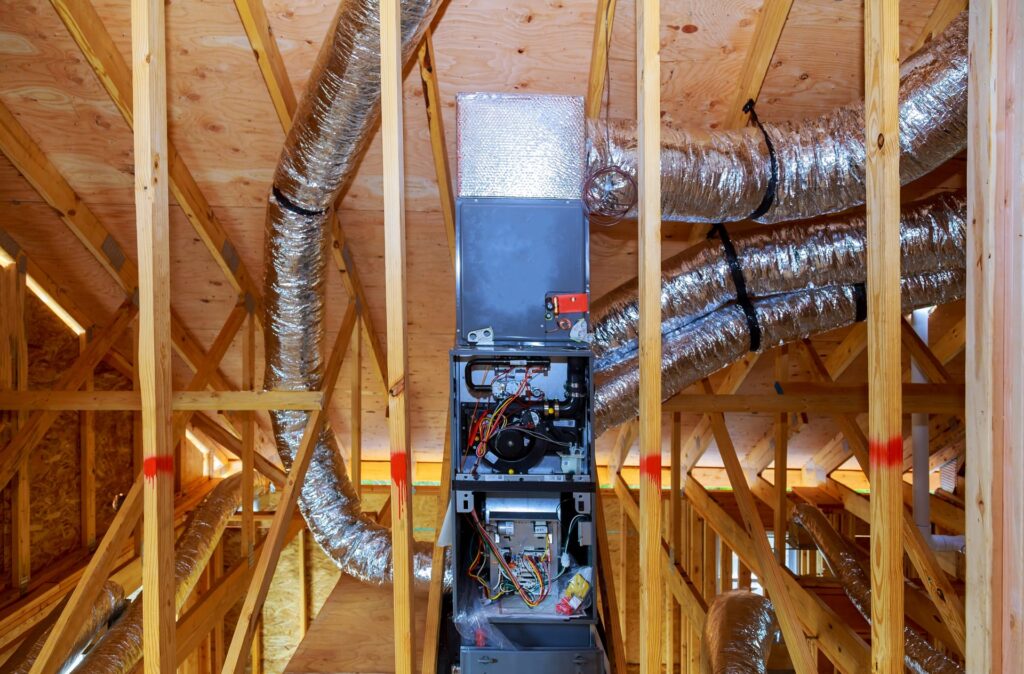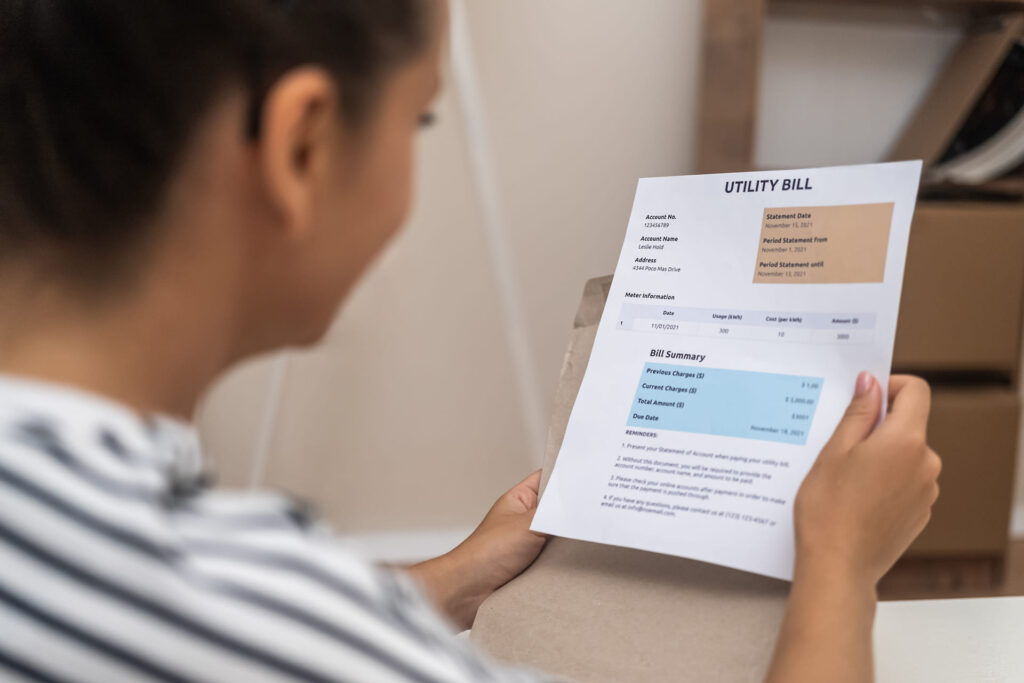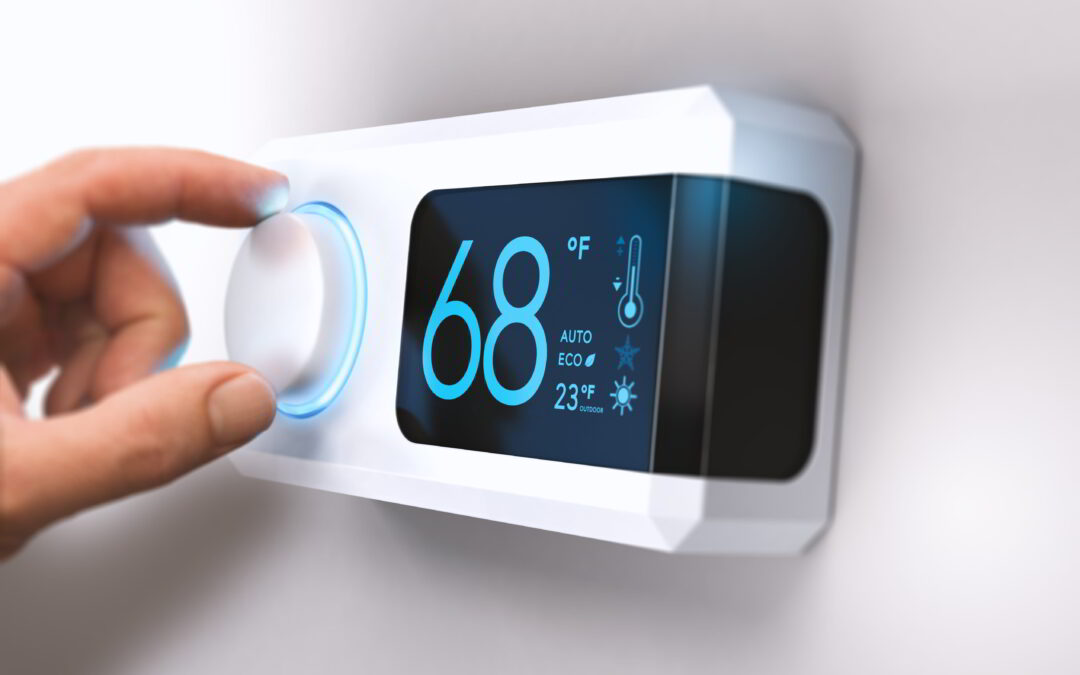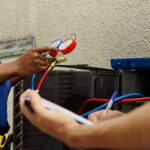Escalating electricity prices make it crucial to discover efficient methods for reducing energy expenses. Maintaining a balance between household comfort and power conservation can lead to substantial savings each month. Even minor modifications—like sealing leaks or upgrading essential appliances—can deliver noticeable results. According to Tropical AC and Heat, “Even small adjustments can generate significant drops in monthly utility costs.”
Effective Strategies to Minimize Power Bills
A Louisiana homeowner recently faced an unexpected spike in their electricity charges, despite switching outdated bulbs for LED alternatives. A thorough inspection uncovered poor insulation and an inefficient HVAC system as the main issues. Straightforward solutions, like sealing drafts and upgrading to energy-efficient appliances, helped them cut annual costs by several hundred dollars.
Replace Aging Appliances with High-Efficiency Models
Older household devices drain excessive power compared to modern, energy-conscious alternatives, particularly those with an ENERGY STAR certification. Large appliances such as refrigerators, dishwashers, and washing machines account for a considerable share of home energy use. Upgrading to contemporary, energy-efficient models not only decreases bills but also enhances durability and functionality.
- ENERGY STAR-rated appliances can operate on up to 50% less electricity than aging models (U.S. Department of Energy).
- Louisiana provides rebates and financial incentives for adopting energy-efficient home equipment.
- Smart appliances regulate power consumption dynamically, preventing unnecessary waste.
Strengthen Home Insulation for Better Temperature Control
Proper insulation retains heat during winter and keeps indoor spaces cooler during summer. Many older residences in Louisiana lack sufficient insulation, resulting in inflated heating and cooling expenses. Installing quality insulation in critical locations like attics, walls, and crawl spaces helps stabilize indoor temperatures while reducing energy strain on HVAC systems.
- Well-insulated homes can experience up to 20% lower heating and cooling costs (U.S. Department of Energy).
- Spray foam, fiberglass, and cellulose insulation provide effective temperature retention.
- Sealing gaps around doors and windows prevents unwanted drafts and enhances indoor comfort.
Close Air Leaks to Halt Unnecessary Energy Loss
Tiny openings around windows, doors, and duct systems allow indoor air to escape, forcing HVAC units to compensate. Even minor leaks can accumulate significant energy waste over time. Identifying and sealing these problem areas maintains a consistent indoor climate and keeps electricity bills manageable.
- Weatherstripping and caulking are affordable ways to block air leaks and improve insulation.
- Leaky ducts can reduce HVAC efficiency by up to 30% (Energy.gov).
- A professional energy audit can identify concealed leaks contributing to excess power consumption.

Adjust Thermostat Settings for Maximum Energy Savings
Controlling indoor temperatures strategically has a profound impact on reducing electricity expenses. Adjusting the thermostat slightly higher during hot months and lower in colder seasons decreases strain on HVAC systems. Smart thermostats simplify this process and enhance energy conservation.
- The U.S. Department of Energy advises setting thermostats to 78°F in summer and 68°F in winter for optimal efficiency.
- Programmable thermostats automatically adapt temperature settings to suit daily routines.
- A one-degree thermostat adjustment can cut energy use by up to 3%.
Use Ceiling Fans to Distribute Airflow More Effectively
Ceiling fans enhance ventilation, reducing reliance on central cooling systems. Running them counterclockwise in summer and clockwise in winter improves air distribution, lowering the need for frequent HVAC adjustments.
- Ceiling fans enable households to raise thermostat settings by 4°F without sacrificing comfort (Energy.gov).
- Using fans only in occupied rooms prevents unnecessary power usage.
- Switching off ceiling fans when leaving a room eliminates energy waste.
Upgrade to LED Lighting for Immediate Cost Reductions
Traditional incandescent bulbs waste a significant amount of electricity by generating excess heat. LED lights consume far less power, last considerably longer, and cut down on both energy costs and replacement expenses.
- LED bulbs use at least 75% less power than incandescent alternatives (U.S. Department of Energy).
- LED lights can last up to 25 times longer, reducing the need for frequent replacements.
- Dimmable LED options provide customizable brightness levels, further improving efficiency.
Take Advantage of Louisiana’s Solar Power Incentives
Solar panels provide a long-term solution for reducing electricity expenses while decreasing reliance on traditional energy sources. Louisiana homeowners can access tax credits and rebate programs that make solar installation more affordable. While initial costs may seem steep, the long-term financial and environmental benefits make solar energy a valuable investment.
- Federal solar incentives cover up to 30% of installation expenses.
- Solar panels can lower electricity bills by 50% or more, depending on household consumption.
- Net metering programs allow homeowners to sell excess power back to the grid, further offsetting costs.

Long-Term Solutions for Consistent Energy Savings
Reducing electricity bills doesn’t require drastic lifestyle changes. A combination of better insulation, upgraded appliances, optimized temperature control, and efficient lighting can lead to meaningful savings over time.
- Energy-efficient appliances and LED bulbs reduce overall electricity consumption.
- Proper insulation and sealed air leaks prevent unnecessary power loss.
- Smart thermostat settings and ceiling fans keep indoor temperatures stable.
- Solar power incentives make renewable energy an increasingly practical option.
Common Questions About Energy Savings
What’s the best way to cut power costs in an older home?
Upgrading insulation, sealing drafts, and replacing outdated appliances are some of the most effective ways to lower electricity bills. Installing a smart thermostat further optimizes heating and cooling efficiency.
Do ceiling fans actually reduce electricity expenses?
Yes, ceiling fans enhance airflow, allowing residents to set the thermostat higher while maintaining a comfortable indoor environment.
Are solar panels a smart investment for Louisiana homeowners?
With tax credits and net metering programs available, solar energy provides long-term financial benefits and helps reduce dependency on traditional electricity sources.
How do smart thermostats contribute to power conservation?
Smart thermostats adjust heating and cooling schedules automatically, reducing unnecessary energy use by adapting to daily activity patterns.
What are some simple energy-saving strategies for daily use?
Switching to LED lighting, using power strips with automatic shut-off features, and fine-tuning thermostat settings are easy yet effective ways to cut electricity costs.











